SEC Chair Touts AI as Transformative Tech, Faces Backlash
The Securities and Exchange Commission (SEC) chair, Gary Gensler, has praised artificial intelligence (AI) as the most transformative technology of our time. However, his claim of the SEC being “tech neutral” has sparked outrage within the crypto community.
Key Points:
- Gensler likens AI to the internet, stating its numerous benefits in finance and its potential to transform science, technology, and commerce.
- He declares the SEC as “technology neutral,” implying that securities laws may be affected by the use of AI.
- Gensler emphasizes that enforcement actions against fraud will continue despite the presence of AI.
- The crypto community questions Gensler’s claim of tech neutrality, with some suggesting that AI itself should be considered a security.
- Gensler has recently shifted his focus from crypto to AI, expressing concerns over the potential financial risks associated with AI’s opaque decision-making.
In other news, the SEC has labeled all cryptocurrencies as securities and investment contracts, despite lacking official classification by Congress. Gensler’s interest in AI is evident as he warns of its potential to create market instability and volatility. Additionally, the US Department of Defense has initiated a task force to explore the use of generative AI for national security purposes. Fortune has reported that cutting-edge AI technology is built upon decades-old neuroscience research.
Hot Take:
Gensler’s praise for AI as a transformative technology aligns with the growing influence of AI in various sectors, including finance. However, his claim of the SEC being “tech neutral” raises concerns within the crypto community, as it implies potential implications for securities laws. The community’s skepticism highlights the need for clear regulations and definitions surrounding AI and its applications in the financial industry. Gensler’s shift in focus from crypto to AI reflects the evolving landscape and potential risks associated with emerging technologies. It remains to be seen how regulatory authorities will navigate these challenges while fostering innovation and protecting investors.

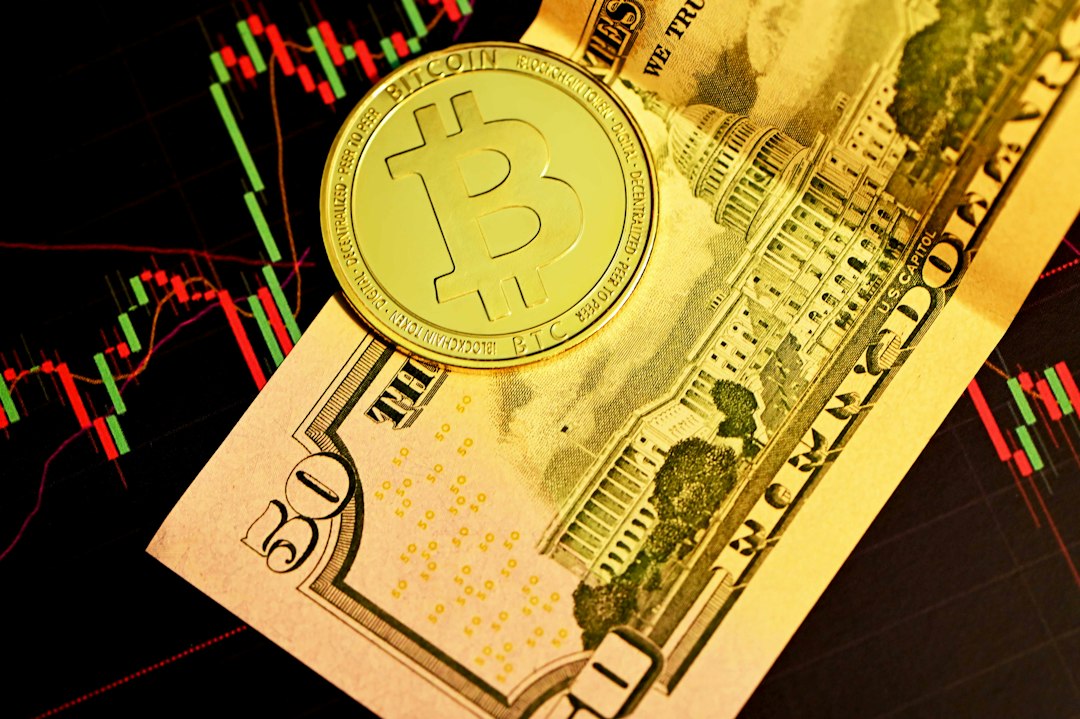
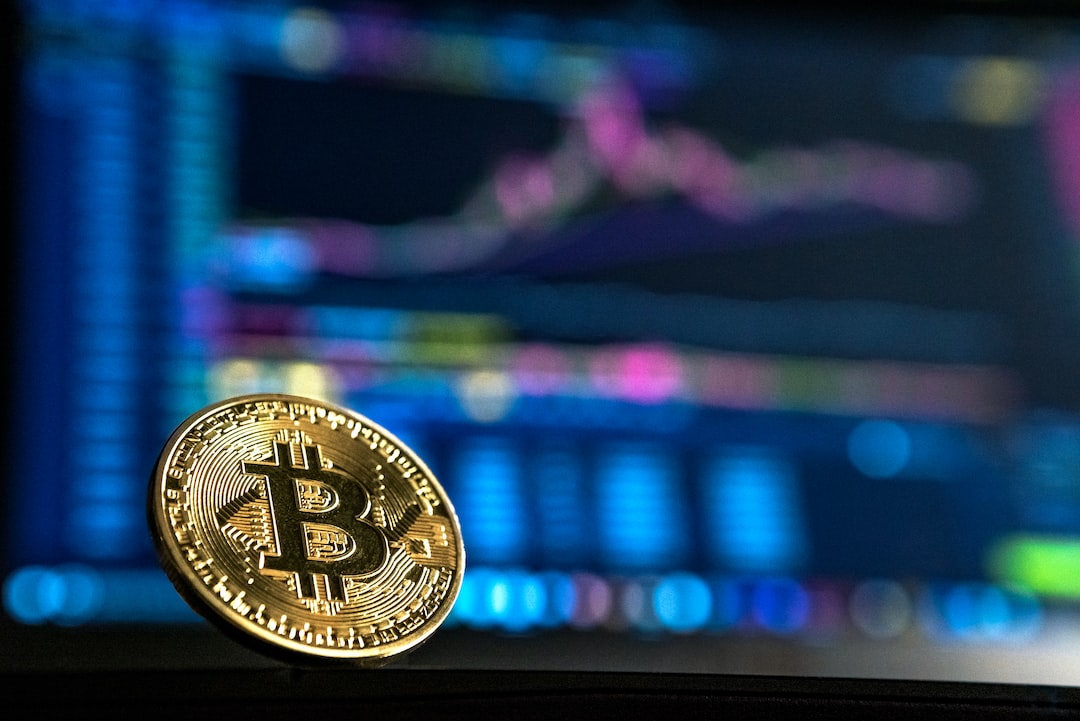

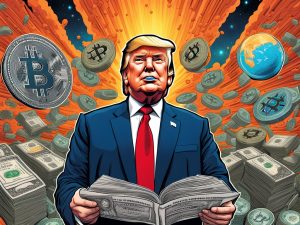
 By
By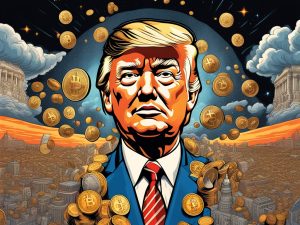

 By
By
 By
By
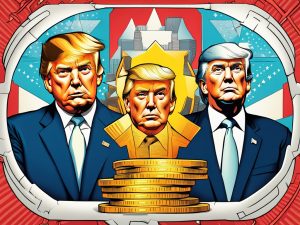
 By
By